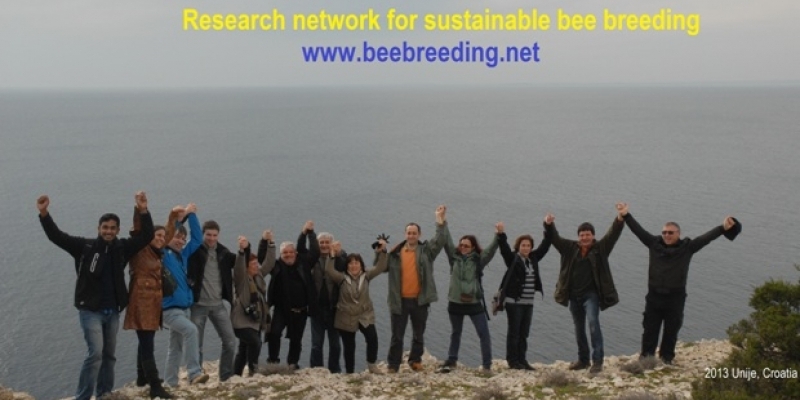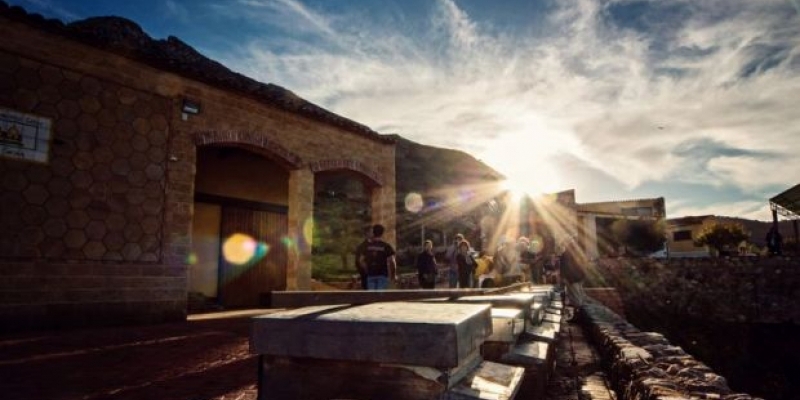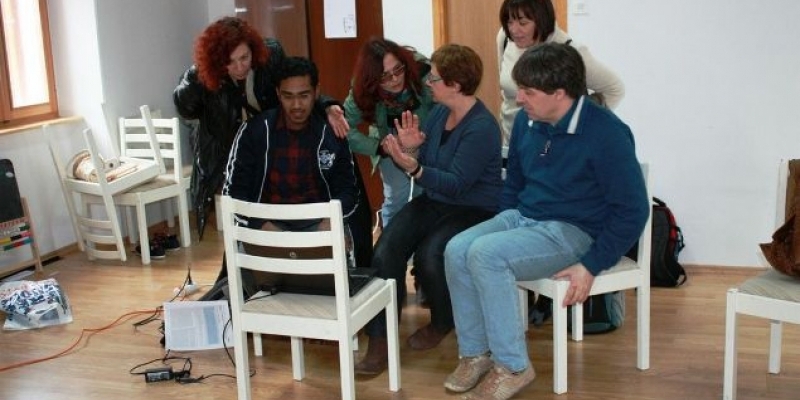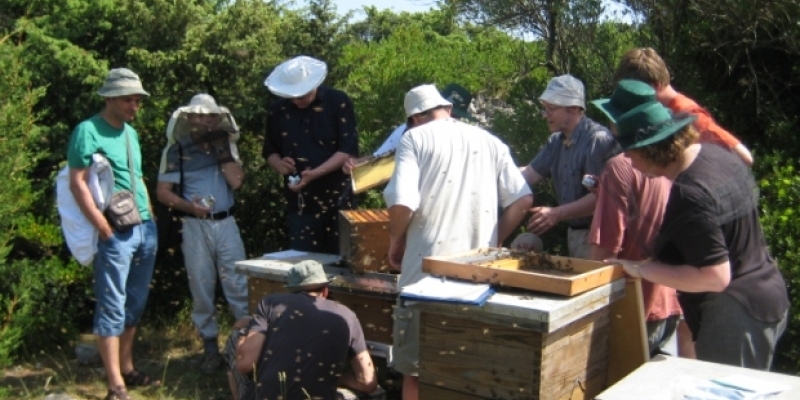The Research Network for Sustainable Bee Breeding was founded on April 5th 2013 on the Croatian island Unije. The foundations for the group date back to 15 years ago when a first survival experiment involving several European genetic origins took place. In 2004, during the first European conference of Apidology (EURBEE) a group of scientists involved in honey bee breeding decided to create the Eurbee Breeding Group, with the aim of exchanging experience and of harmonising breeding methods. With the start of the COST action “Prevention of honey bee colony losses” (COLOSS), part of the breeding group became “working group 4” of COLOSS, as we believed that Diversity and Vitality of honey bees could have an impact on the performance and survival of the colonies. The contribution of WG4 to the COST action was to perform a pan-European experiment. With completion of the COST action and the experiment we decided that we wanted to join the positive experiences and spirit of the group and that is how the RNSBB emerged, and is now the task force dedicated to breeding and conservation within the new registered association COLOSS.
[read more=’Read More’ less=’Read Less’]
We believe and state in our constitution that:
“The native honey bee populations represent an important resource for breeding gentle and productive bees adapted to environmental challenges. The ultimate aim of our group is to improve honey bee welfare by developing and disseminating comprehensive breeding strategies that include colony vitality and the conservation of locally adapted populations.”
Our working approach includes cooperation, exchange of ideas and mutual support, in a positive and friendly atmosphere. Our ambitious aim is to disseminate and implement sustainable breeding strategies on a global level, and to achieve this we will welcome new ideas and contributions that are in line with our constructive approach.
CONSTITUTION
The native honey bee populations represent an important resource for breeding gentle and productive bees adapted to environmental challenges. The ultimate aim of our group is to improve honey bee welfare by developing and disseminating comprehensive breeding strategies that include colony vitality and the conservation of locally adapted populations.
Our goals:
Assess the status of native honey bee populations
Develop and support conservation activities
Create sustainable breeding strategies which include vitality as well as productivity
Define and validate standards and recommendations for breeding and conservation
ColIect and share knowledge and data
Our network:
– Dedicated scientists working in the field of honey bee breeding and conservation
– Bringing together expertise from different scientific and apicultural backgrounds
– Cooperating with breeders and sharing a strong commitment to extension and transfer of knowledge
– Meeting regularly to share knowledge and information about ongoing research
– Organising common investigations
– Supporting each other in training for research and extension
Our members:
– Experienced scientists and young researchers actively involved in the relevant fields
– Working together in an open and trustful way
– Actively contributing to common projects
– Two elected chairs (currently Marina Meixner and Cecilia Costa)
– Members contribute an annual membership fee (20 €; 10 € for young researchers)
– New applications will be accepted upon approval by the members
Unije – Croatia, April 5, 2013
[/read]




